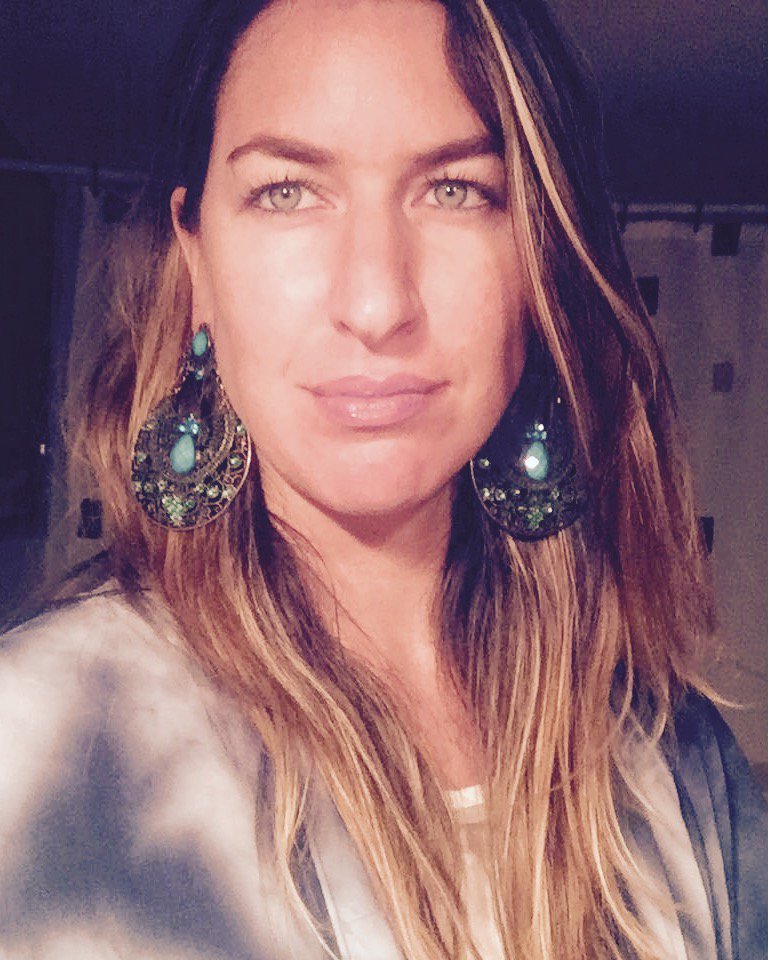Daniela Berger

The CIMAM 2018 Annual Conference in Stockholm was undoubtedly a great experience and I want to thank for the opportunity of this travel grant, that allowed me to join this worldwide experience from afar, travelling from the very warm spring in Santiago to the cold autumn of dark and elegant Stockholm.
I believe the strongest aspect of this international gathering was the wide range of professional exchange and networking that it made possible, in terms not only of meeting colleagues and museum peers of different ages, experiences and contexts, but also in relation to giving a chance to understand cultural approaches and perspectives that look towards or address particular subjects of interest around the globe differently, but often share similar problems –although in radically different scales and forms, particularly in the global South. This was the topic around which some of the main presentations gravitated but also came up during lunch, the interesting workshops, coffee breaks conversations and dinner sessions with peers. In relation to the first, I particularly want to highlight the way in which the presentation of Katya García Antón from OCA Norway tackled institutional commitment and coherence on the path to the decolonization of art institutions, in a way that resonates to our practice at the Museo de la Solidaridad Salvador Allende (Chile), a utopian and unique museum that continues to question its role as social platform, whilst looking to re-establish the diverse and broad practices and networks of solidarity that made it possible as a long-term project since the 70s. The question is, also, how to address the term solidarity today, as it becomes representative of a certain position of a mixed-race resistance in relation to notions such as competition and market, vocabulary of capitalism.
In this context, it was relevant that as a result of professional meetings in the context of the conference, I had the chance to dig into the Moderna Museet’s Archive, and present the team with the possibility of a research collaboration that has now just started. The Moderna Museet had a key role in the articulation of Scandinavian donations during the museum´s MIRSA period, from 1975 onwards, and to start the recovery of that chapter made this trip even more meaningful. With that frame is mind is that one could ask whether The Museum in Transition is one that not necessarily only questions the physical or architectural presentation of still hierarchical discourses but rather one that becomes closer and closer to the collective experimentation of notions of social sense such as ethics, community, ecosystem and justice within societies.